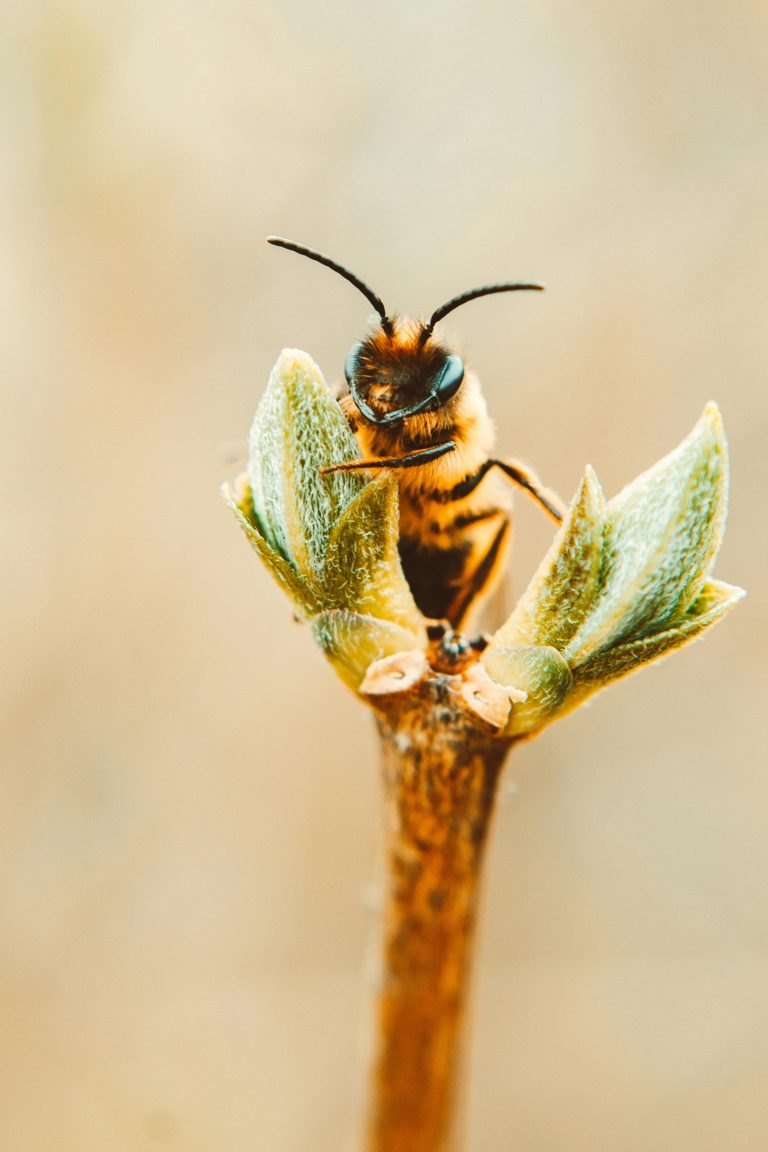- Government sets out plans to end the use of toxic neonicotinoid pesticides that threaten vital pollinators
- Important step forward in delivering on election commitment to safeguarding bees, butterflies and the wider environment
A complete ban on use of bee-killing neonicotinoid pesticides has moved a step closer (Saturday 21 December), as the government sets out its plans to deliver a key election pledge.
Despite being banned from general use in the UK, the last government authorised the use of neonicotinoids every year for the last four years via a process known as emergency authorisation.
Neonicotinoids are extremely toxic to pollinators. Even at doses that are not directly fatal to bees they can cause cognitive problems impacting foraging abilities and the productivity of hives. The chemicals can also persist in the soil creating a further risk to bees.
Bees and other pollinators are crucial to the agricultural economy with the economic benefits of pollination to crop production in the UK estimated at £500 million annually.
The Government has set out its next steps, including identifying legislative options that would legally prevent the future use of three specific neonicotinoids – clothianidin, imidacloprid and thiamethoxam – entirely, taking full account of the importance of pollinators.
Environment Minister Emma Hardy said:
“We are delivering on our promise to ban toxic bee-killing pesticides and ending the long-term decline of our wildlife.
“A healthy environment is vital to our food and economic security. Protecting bees by stopping the use of damaging neonicotinoids is an important step in supporting the long-term health of our environment and waterways, and our farming sector.”
The move comes ahead of the publication of a new UK National Action Plan (NAP), which will set how pesticides can be used sustainably.
Ensuring that our food production is sustainable is key to the long-term health of the agricultural sector, as well as the nation’s food security. The Government’s Plan for Change is built on the strong foundation of a stable economy.
The Government commitment to farmers remains steadfast and we are fully committed to supporting farmers to protect their crops in more sustainable ways. There has already been progress in this space, including research into new virus-resistant varieties of sugar beet and new alternative pesticide sprays, and we will continue to support this work.
The announcement builds on the swift action the Government has taken to recover nature more widely. This includes committing to a rapid review of the Environmental Improvement Plan and new delivery plans to meet targets on air quality, the circular economy and water. In the first few months of this government, legislation was introduced to put failing water companies under special measures to curb pollution in our waterways and a Flood Resilience Taskforce was introduced to speed up the creation of nature-based solutions, like planting trees to protect communities against the impact of extreme weather.


